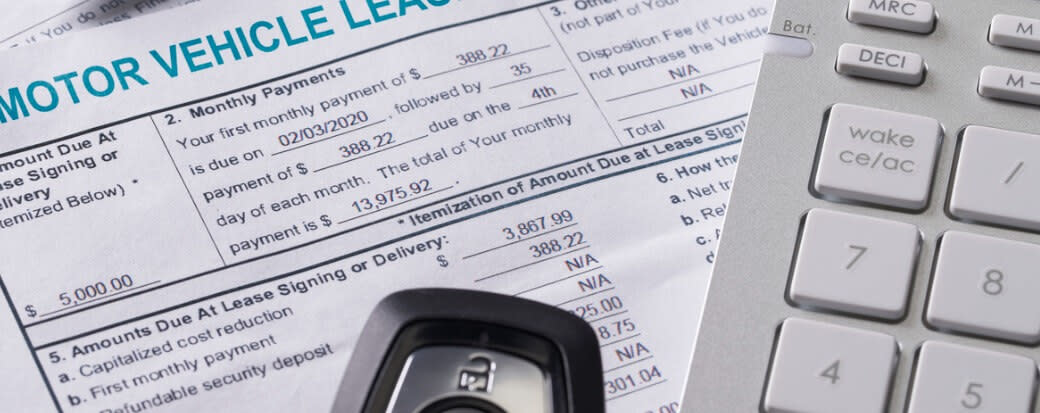RV Refinancing: Everything You Need to Know

Share this article:
Editor’s note: Lantern by SoFi seeks to provide content that is objective, independent, and accurate. Writers are separate from our business operation and do not receive direct compensation from advertisers or network providers. Read more about our Editorial Guidelines and How We Make Money.
How Does RV Refinancing Work?
RV Refinancing Terms
RV Refinancing Interest Rates
RV Refinancing Credit Score
RV Refinancing Costs
RV Refinancing Tips
Weighing Your Options
Knowing Your Budget
Getting a Deal
RV Refinancing Benefits
Explore Refinancing Options
Frequently Asked Questions
Photo credit: iStock/Bill Oxford
LNTALR-Q424-038
About the Author
Su Guillory is a freelance business writer and expat coach. She’s written several business books and has been published on sites including Forbes, AllBusiness, and SoFi. She writes about business and personal credit, financial strategies, loans, and credit cards.
Share this article: